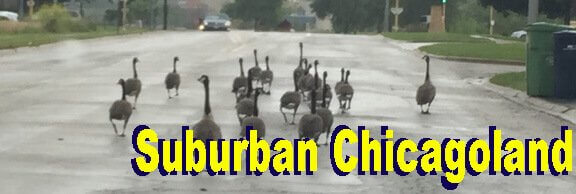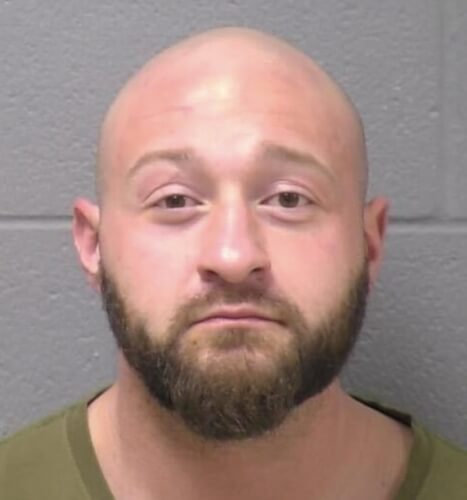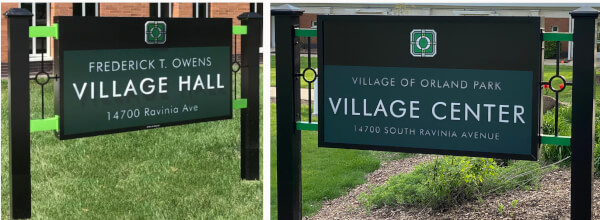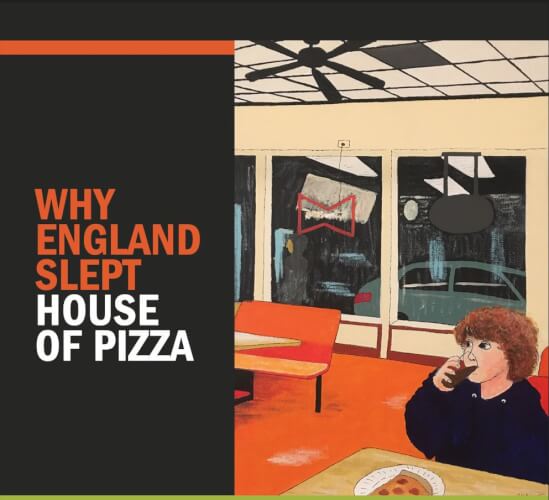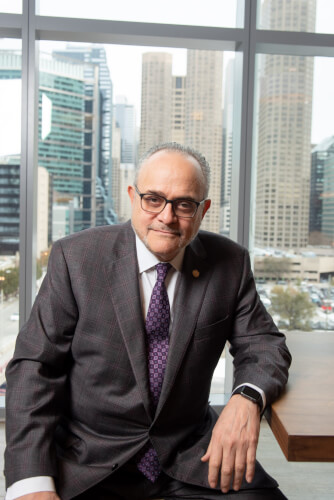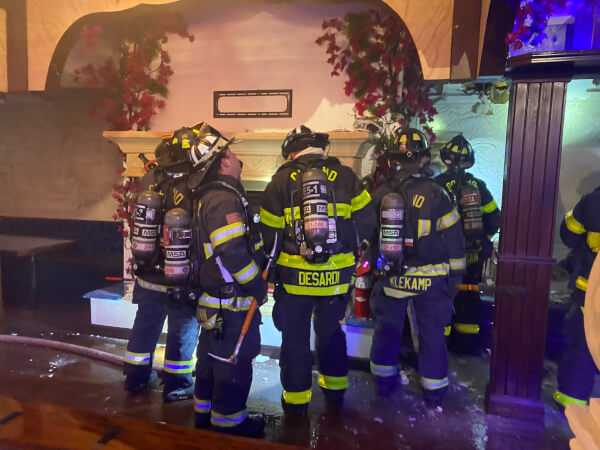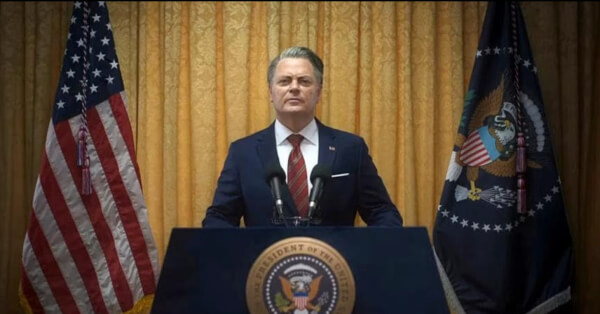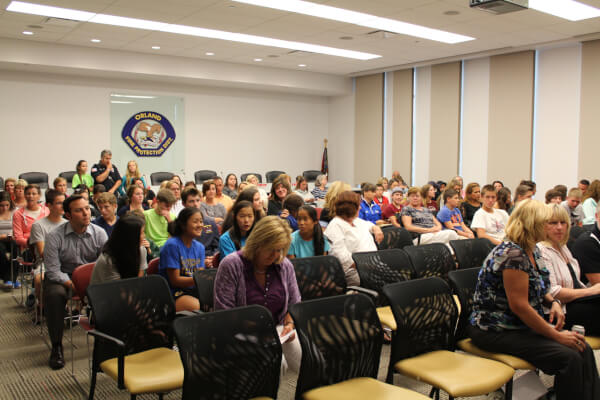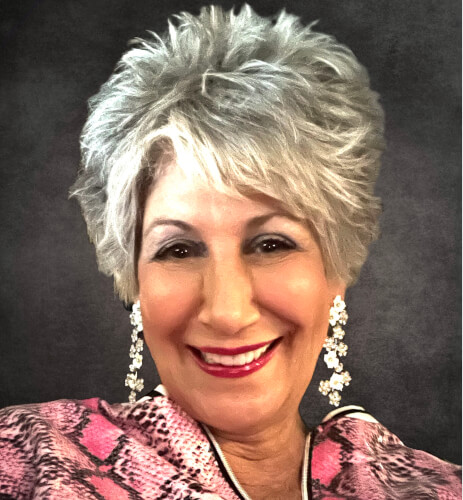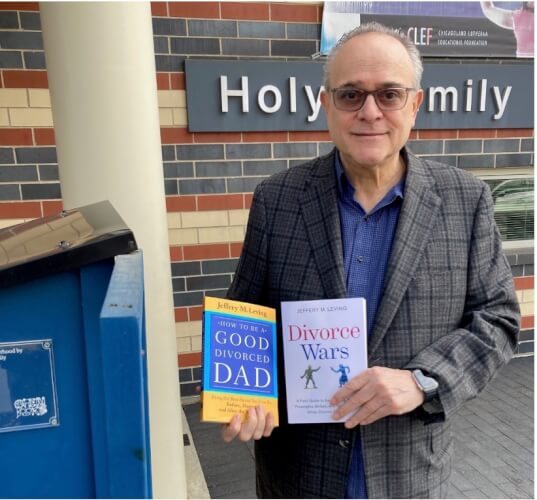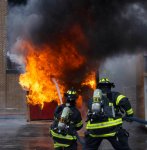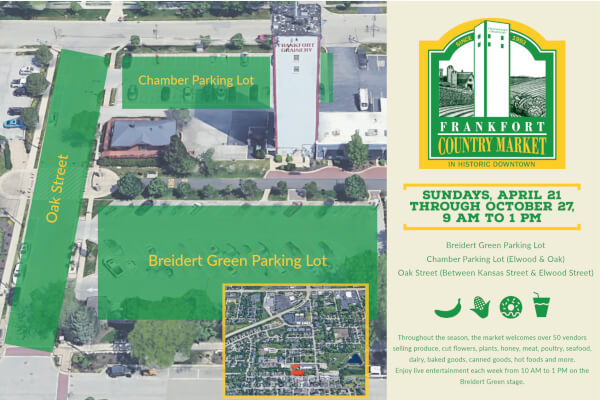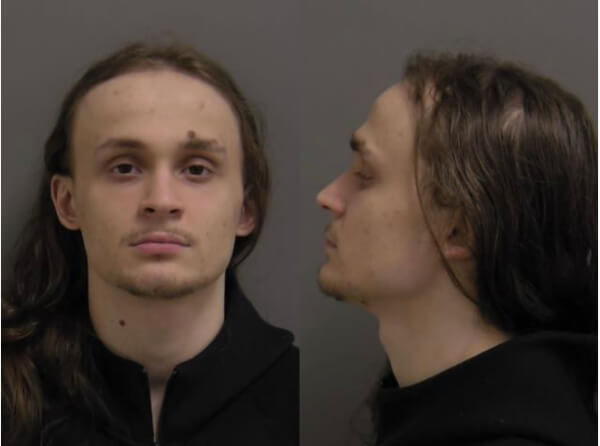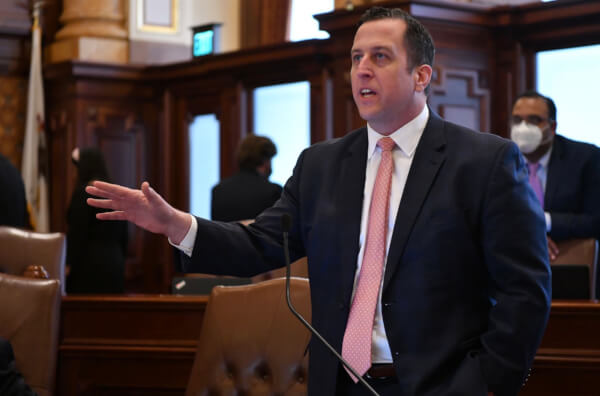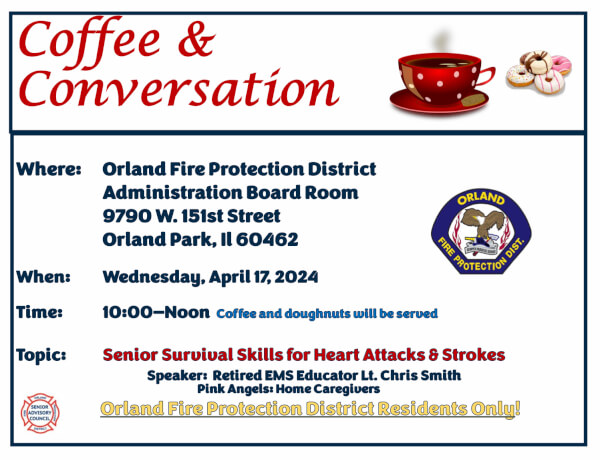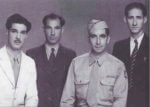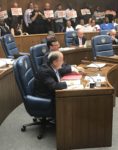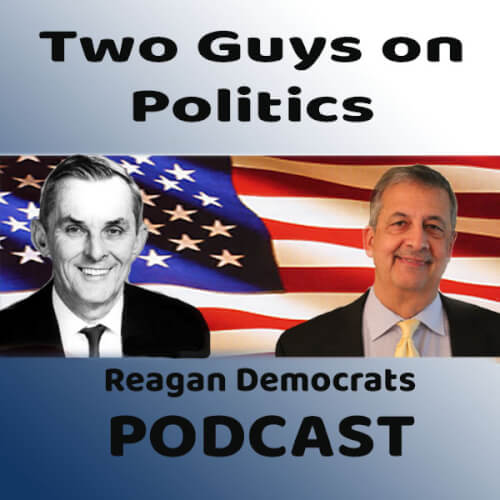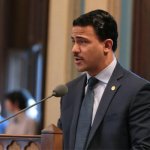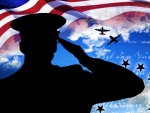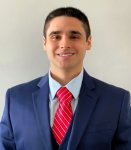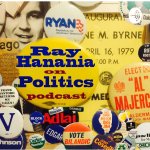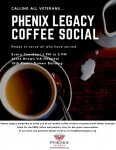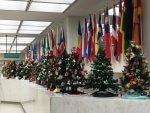I don’t need a day to remember my father
George John Hanania was a great guy and a phenomenal father, for the 16 years that I knew him. My dad fled the Holy Land in 1926 to get away from the hatred that consumed both Arabs and Jews. An older brother Joseph drowned in the Jerusalem Quarry (Migharat al-Kitan, or “Cotton Cave”) when no one would swim out to save him. The Palestine Police report said Jews wouldn’t help because they thought he was an Arab, Christians wouldn’t help because they thought he was Muslim and Muslims wouldn’t help because they thought he was Jewish. But after arriving in Chicago, he would hard to build a life that would make any American proud
By Ray Hanania
My dad was a great guy. It’s never too late to celebrate your father. I remember a strong person who never complained to anyone and took it on the chin and moved on. He didn’t blame others, but just pushed forward.
My dad, George, lived at a time when things were far better than they are today, in a society that had more to celebrate than to mourn.
Dad worked hard. He would walk to the bus on 87th and Jeffrey, pay 25 cents and take the bus to work downtown, first for Sinclair Oil Company, where he was laid off before he could qualify for his pension, and then later for Northern Trust Bank, where he was laid-off because he was “too old.” I remember waiting for the bus to arrive and dad would get off at Calumet Park, which used to be a park for everyone before it was named for just some; he would be wearing his long dark camel hair coat and dark fedora. He actually carried a “brief case.”
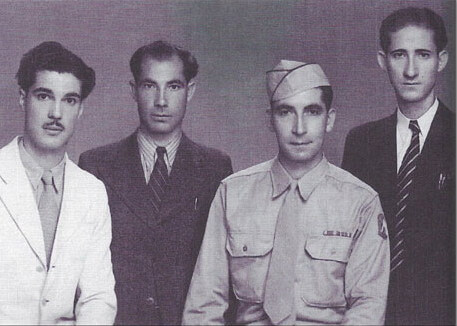
He loved this country. Immediately after the Japanese attack on Pearl Harbor, this legal immigrant and his legal immigrant brother enlisted in the Military and fought the Nazis without a complaint. It took a lot to become a citizen. But dad did the work. He learned English perfectly. He waited patiently for his citizenship papers. He stood proudly to swear the Citizenship Oath. The hard work was worth it all, just to call yourself an American!
Yes, dad smoked. Camel unfiltered cigarettes. One pack a day. Humphrey Bogart smoked them but dad smoked them to survive the war. And “More doctors smoke Camels than any other cigarette,” the advertisements boasted.
Dad respected everyone, even though not everyone always respected him. Being Arab American made his life challenging in the 1940s, 1950s and 1960s. He celebrated his heritage in a community that at one time was proud to be Arab, but that today has deteriorated into extremist religious fanaticism.
Dad didn’t hate anyone. We lived in a neighborhood where we were the outsiders. We understood what it was like to be stared at because of the dark color of our skin – olive was dark. Dad lived at a time when people lived among their own and tried to respect everyone else. We lived in an Arab-Jewish neighborhood when Arabs and Jews actually got along. There was the Polish neighborhood. The Greek neighborhood. The Spanish neighborhood. The Black neighborhood. The Asian neighborhood. There was some overlap, but rarely a problem. Apologies were accepted because “everyone makes mistakes.” Cassius Clay (Mohammed Ali) shopped at our grocery store where I worked as a bagger — he would point at me and pick me to carry his grocery bags out to his Car, and then give me a dollar.
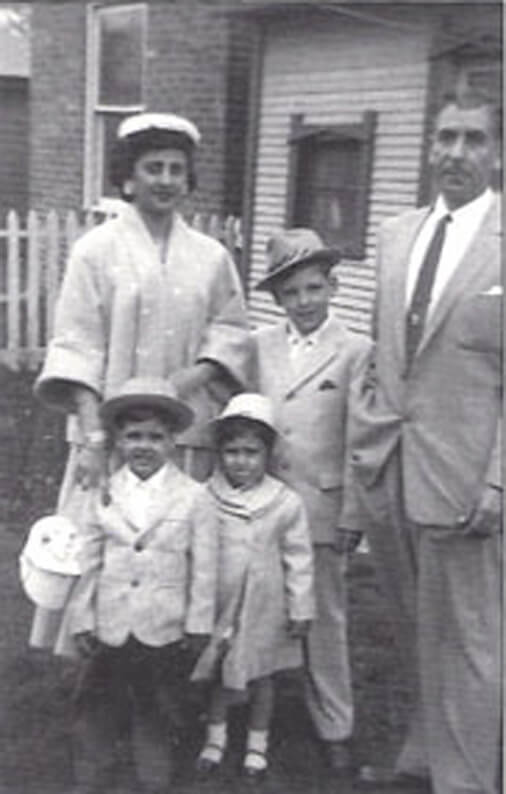
Dad never yelled at the TV set. He lived at a time when the mainstream major news media was a source of information, not a source of lies, distortions and bias. When Ed Sullivan would come on TV and introduce new talent, we would all be sitting quietly and attentively in front of the little Black and White TV set. We lived in a time when there were words and expletives that could not be said out loud because the words were so disrespectful and demeaning, not just to someone else, but to yourself.
He lived at a time when the goal was to get an education, find a good job, buy a home and raise a family to abide by the laws, respect your neighbors and never say anything bad about anyone else.
We actually sat down not just on Sundays but every night to enjoy a family meal together. “Family” had meaning. Dad lived at a time when families would actually come together and enjoy a big family meal together celebrating their lives, not checking up on each other on Facebook. You actually had to put effort into maintaining your relationship with your relatives, writing letters, taking pictures that took days to process and then share with your relatives.
Dad lived at a time when the telephone was a nuisance, not an excuse to waste time. TV was a magnet to bring families together, not a place for shock and awe.
Despite working more than 40 hours every week, leaving at 6 am and returning at 7 pm, Dad found time to make his home look great. He mowed the lawn with a push mower. He planted flowers with my mom. They were always holding hands, hugging and kissing. They worked hard during the day and on th eweekends worked hard to keep their home clean. There was a pride in looking good.
We didn’t go on cruises or beach vacations. We did road trips through America, collecting little decals and postcards from each state. There was nothing like stopping in Nebraska to visit Fort Cody or get your picture on Dino the giant green Sinclair Dinosaur at a gas station. We slept at Motels and enjoyed the American landscape.
My dad was more than just a person. He was a great lifestyle and role model, one this country has to struggle hard these days to find.
(Ray Hanania is an award winning former Chicago City Hall reporter and political columnist. This column was originally published in the Southwest News Newspaper Group in the Des Plaines Valley News, Southwest News-Herald, The Regional News, The Reporter Newspapers. For more information on Ray Hanania visit www.Hanania.com or email him at rghanania@gmail.com.)
- Tinley police charge Wheaton man with aggravated arson - May 1, 2024
- Pekau removes Mayor Owens’ name from Village Hall sign - May 1, 2024
- Robert F. Kennedy should be allowed to participate in presidential debates - April 29, 2024
